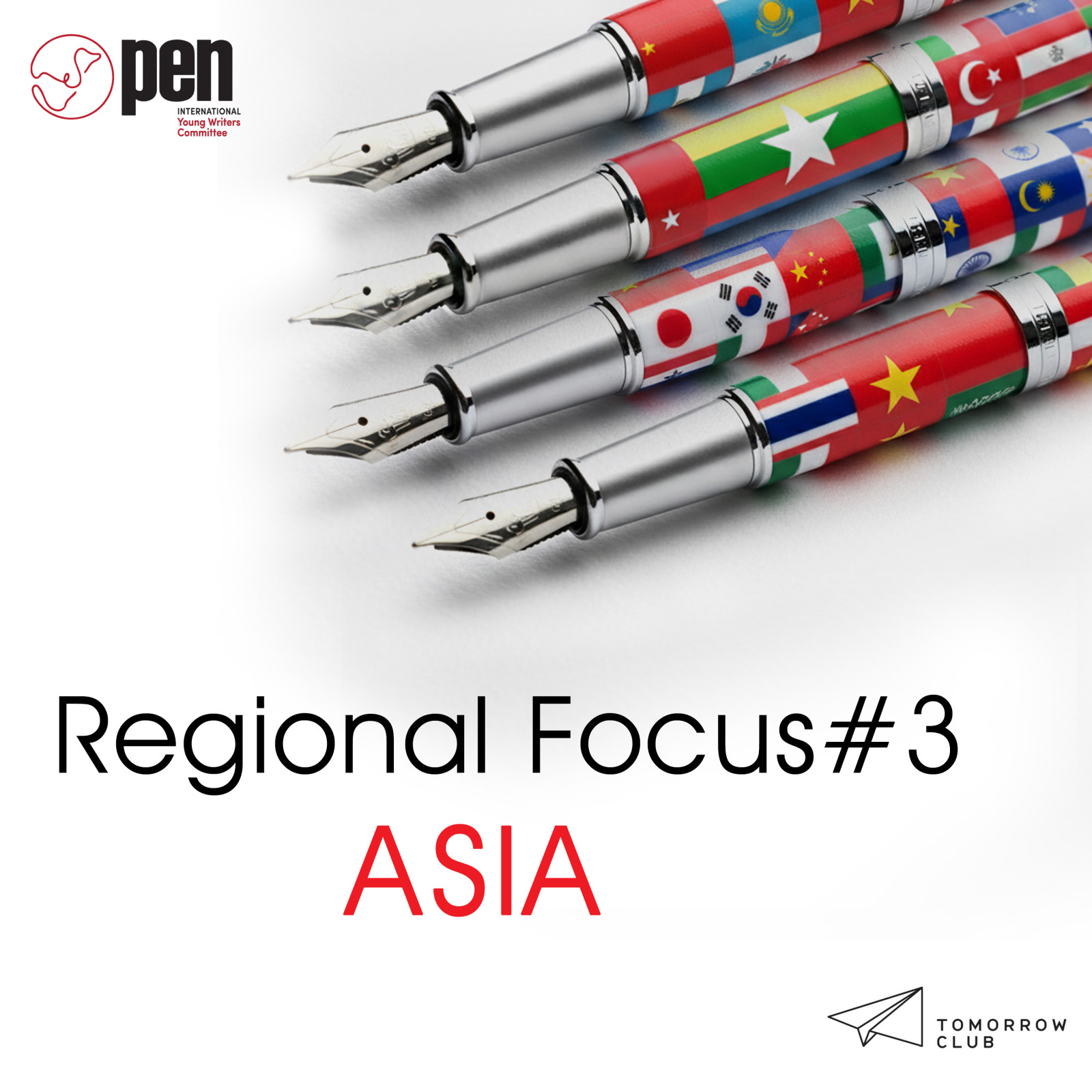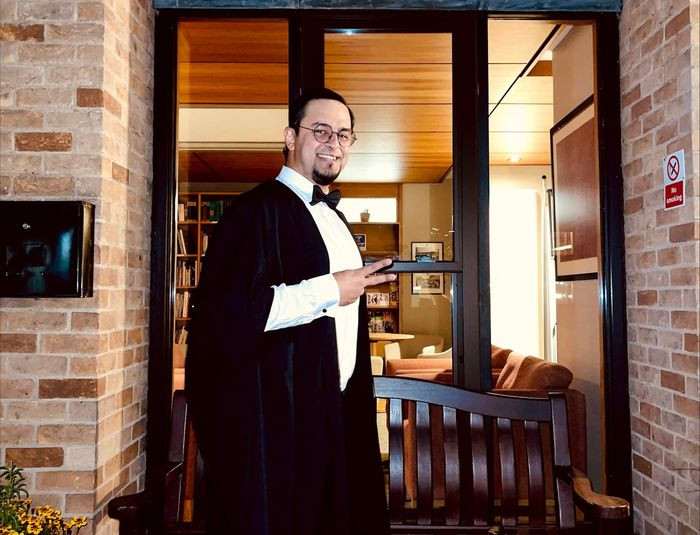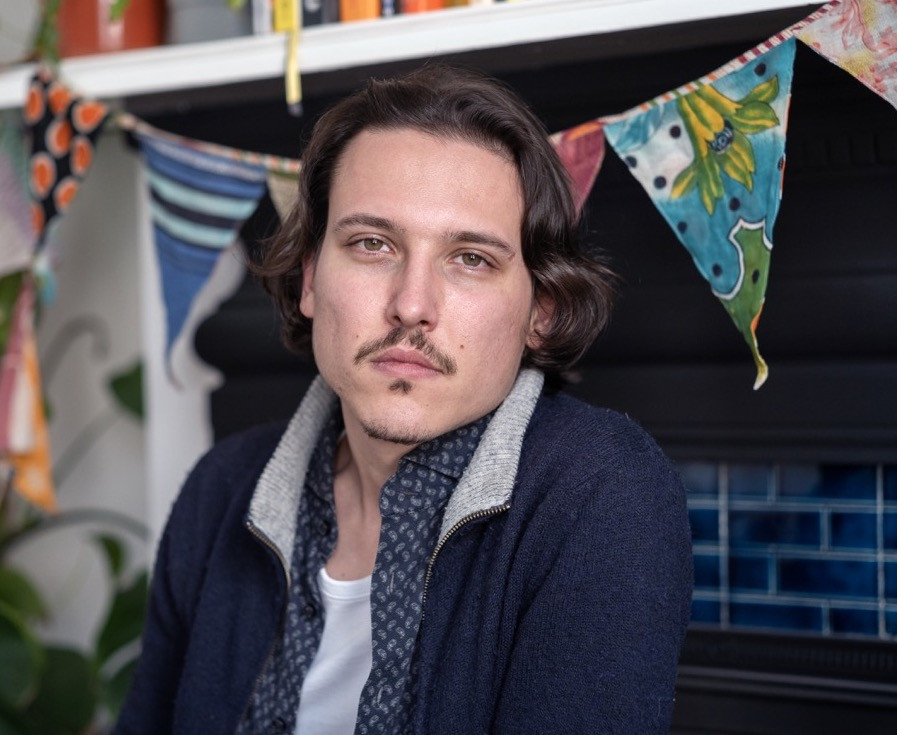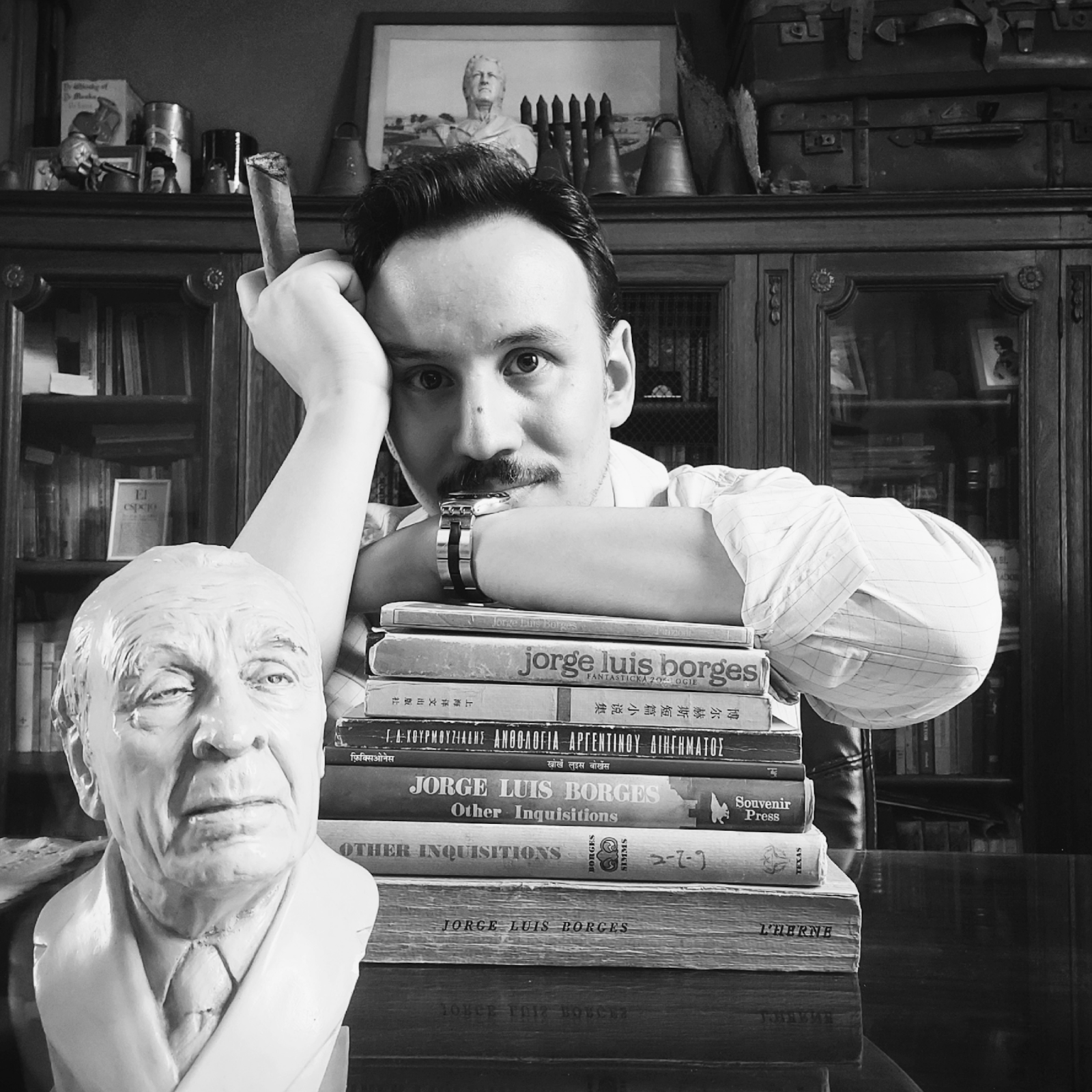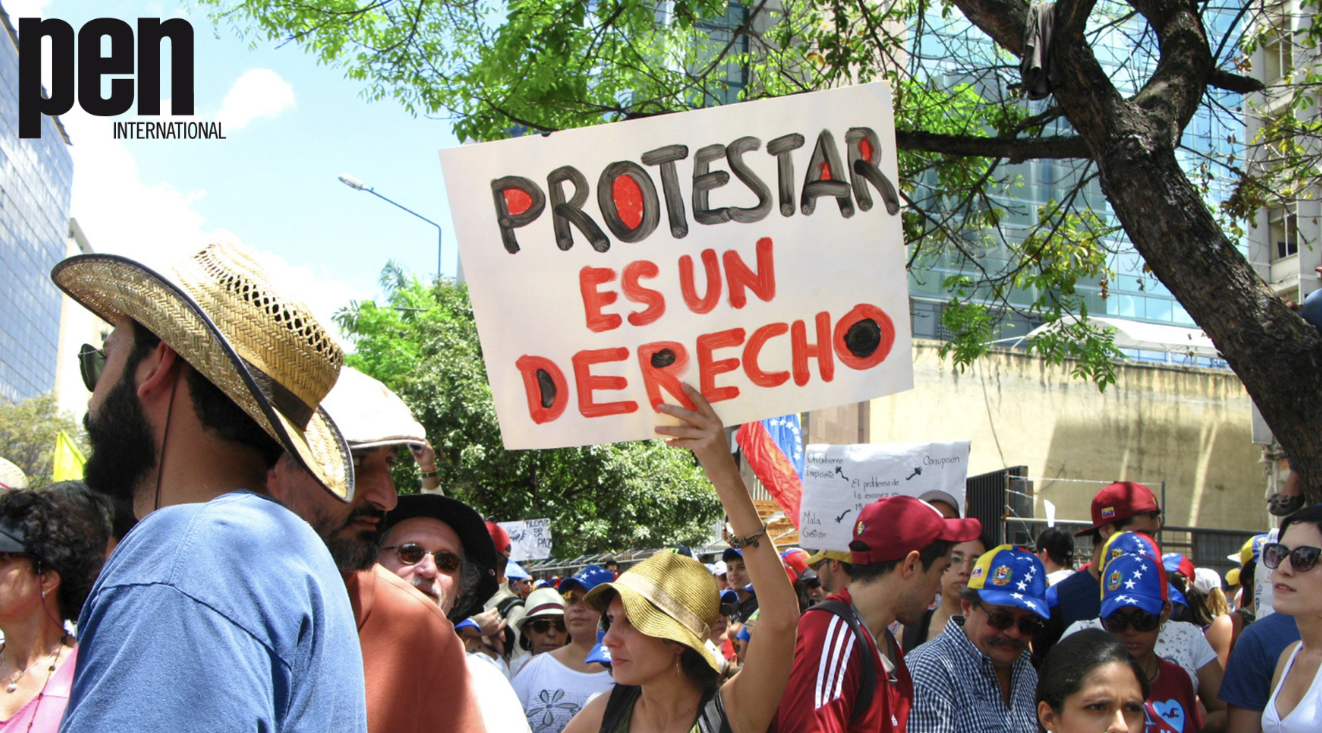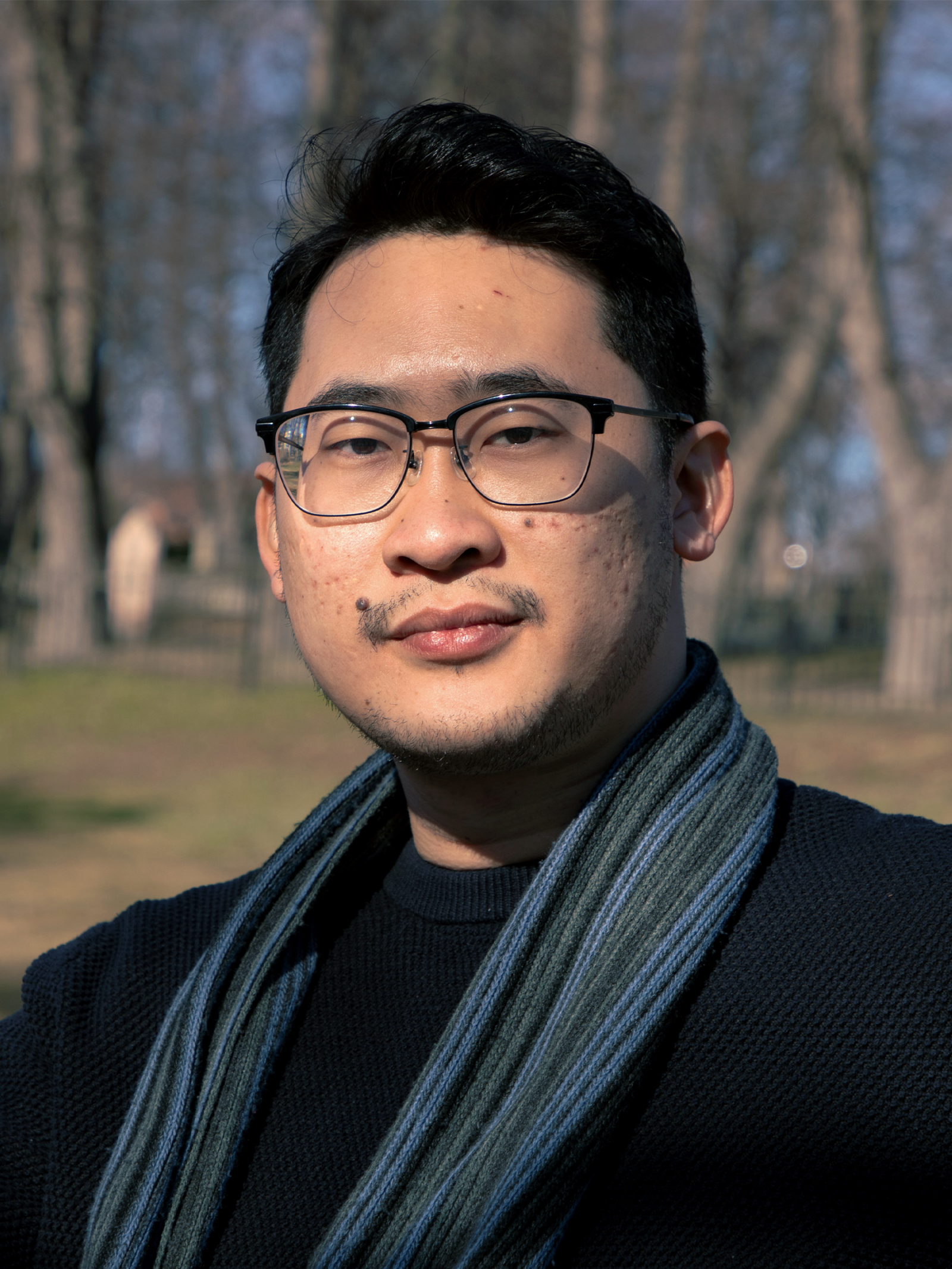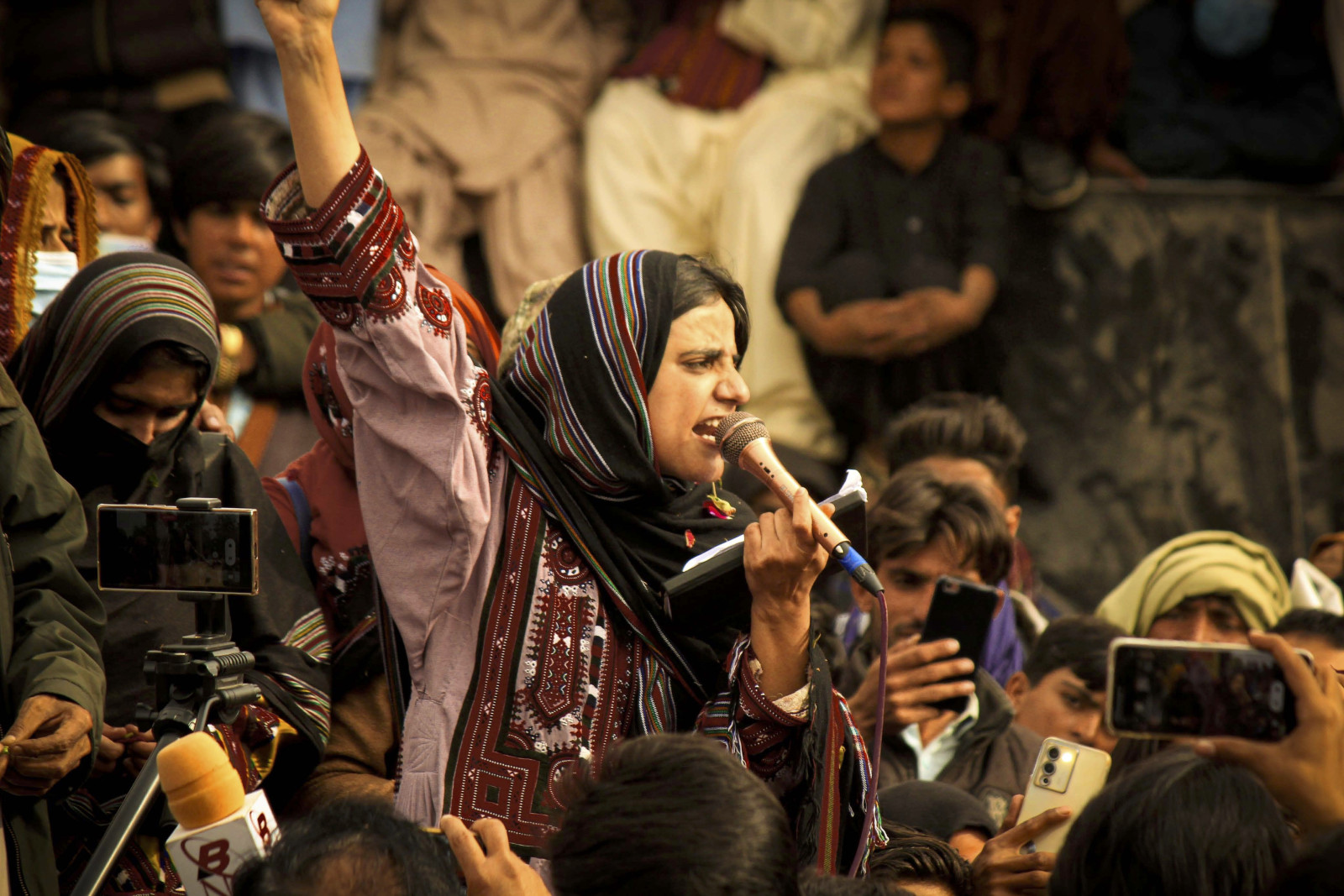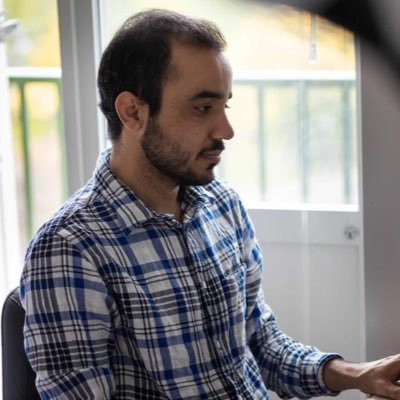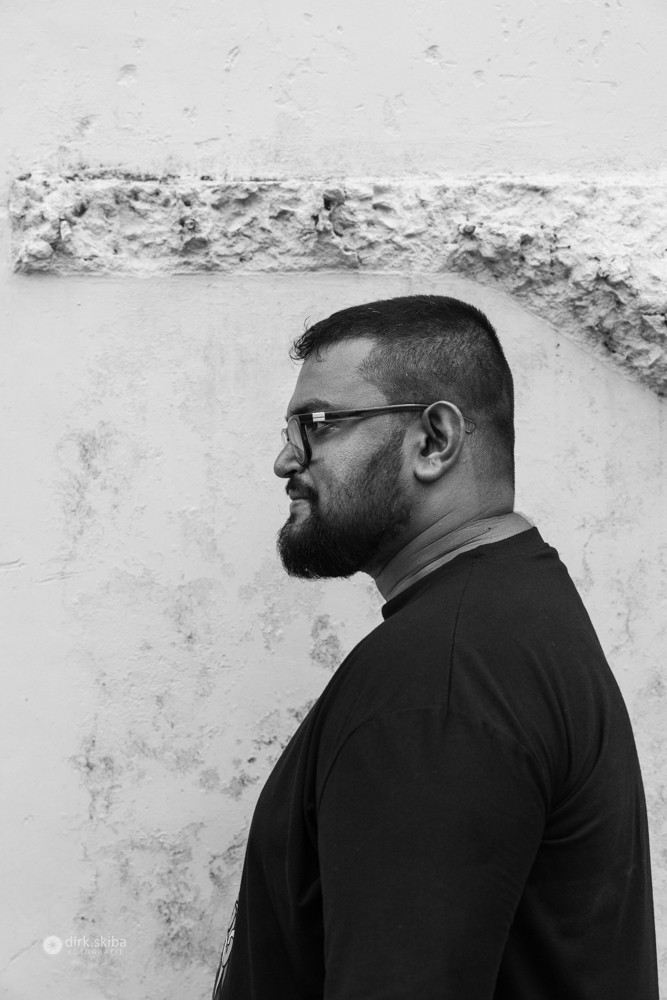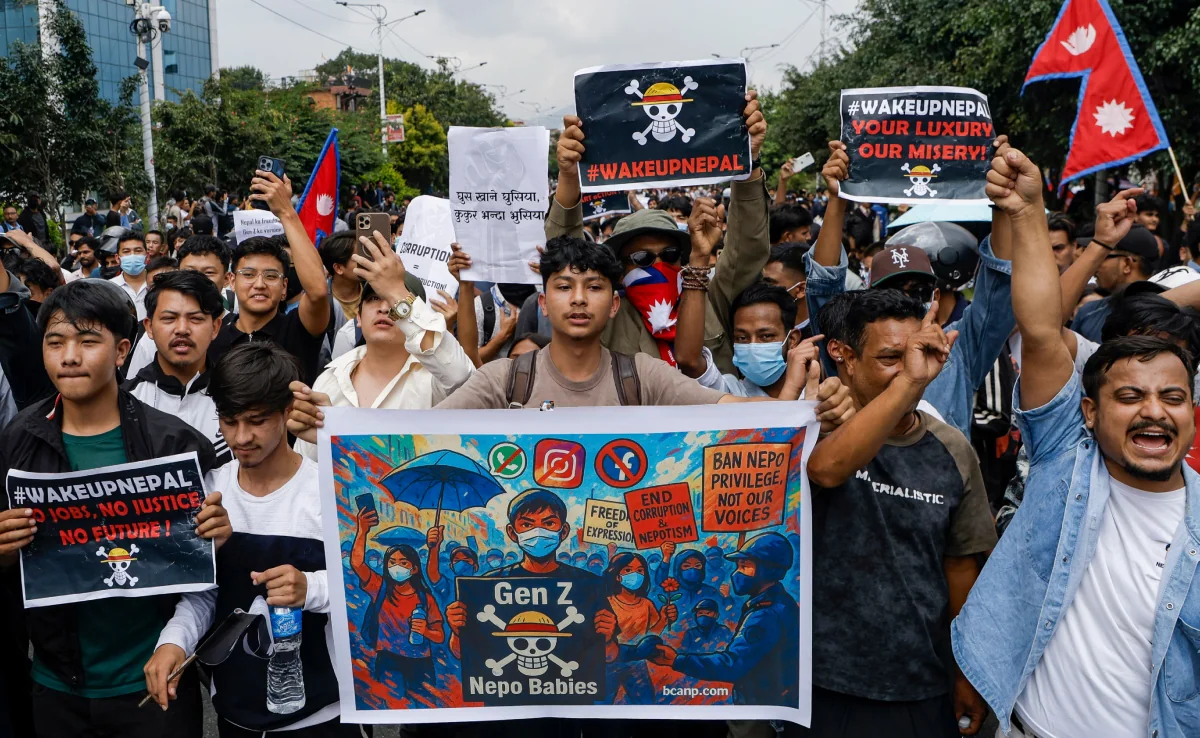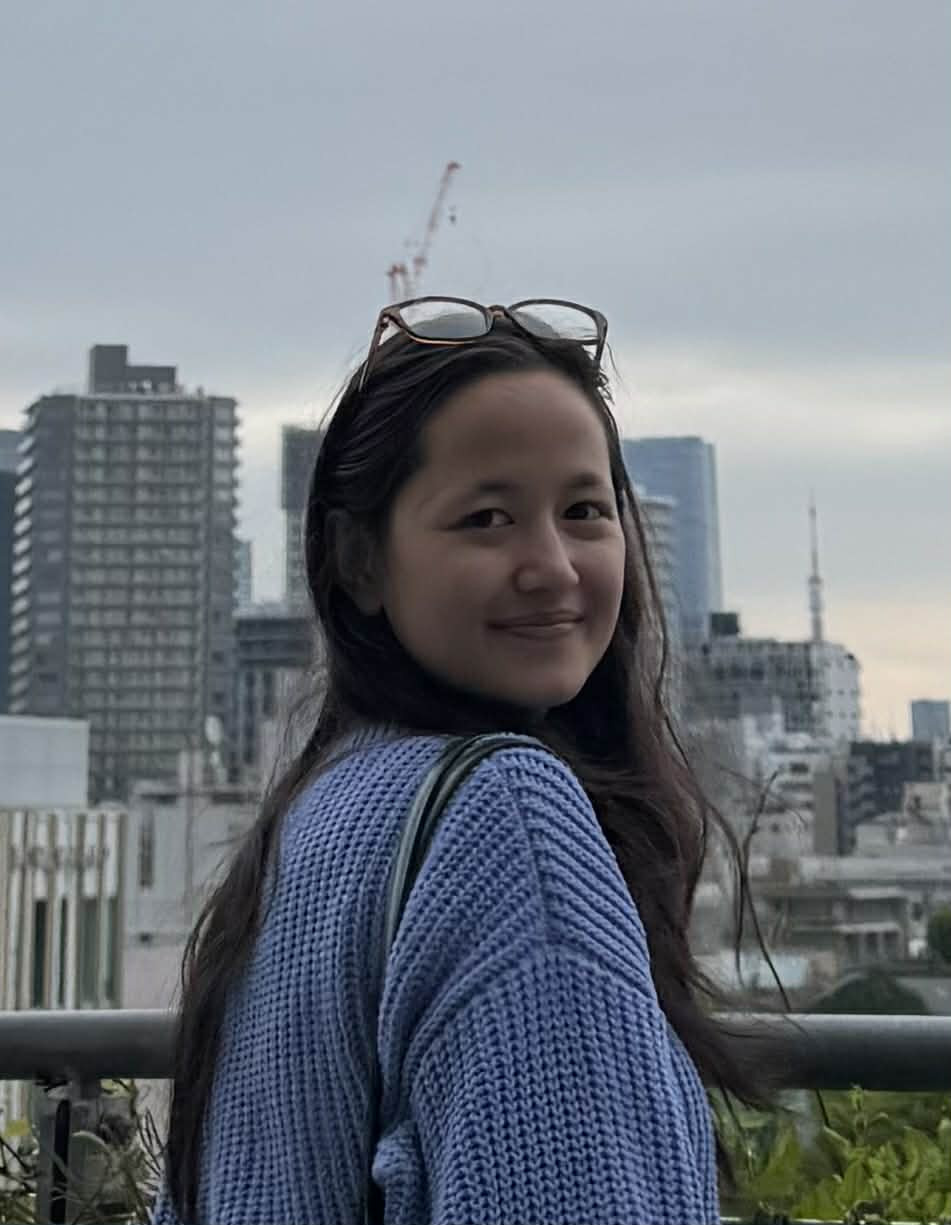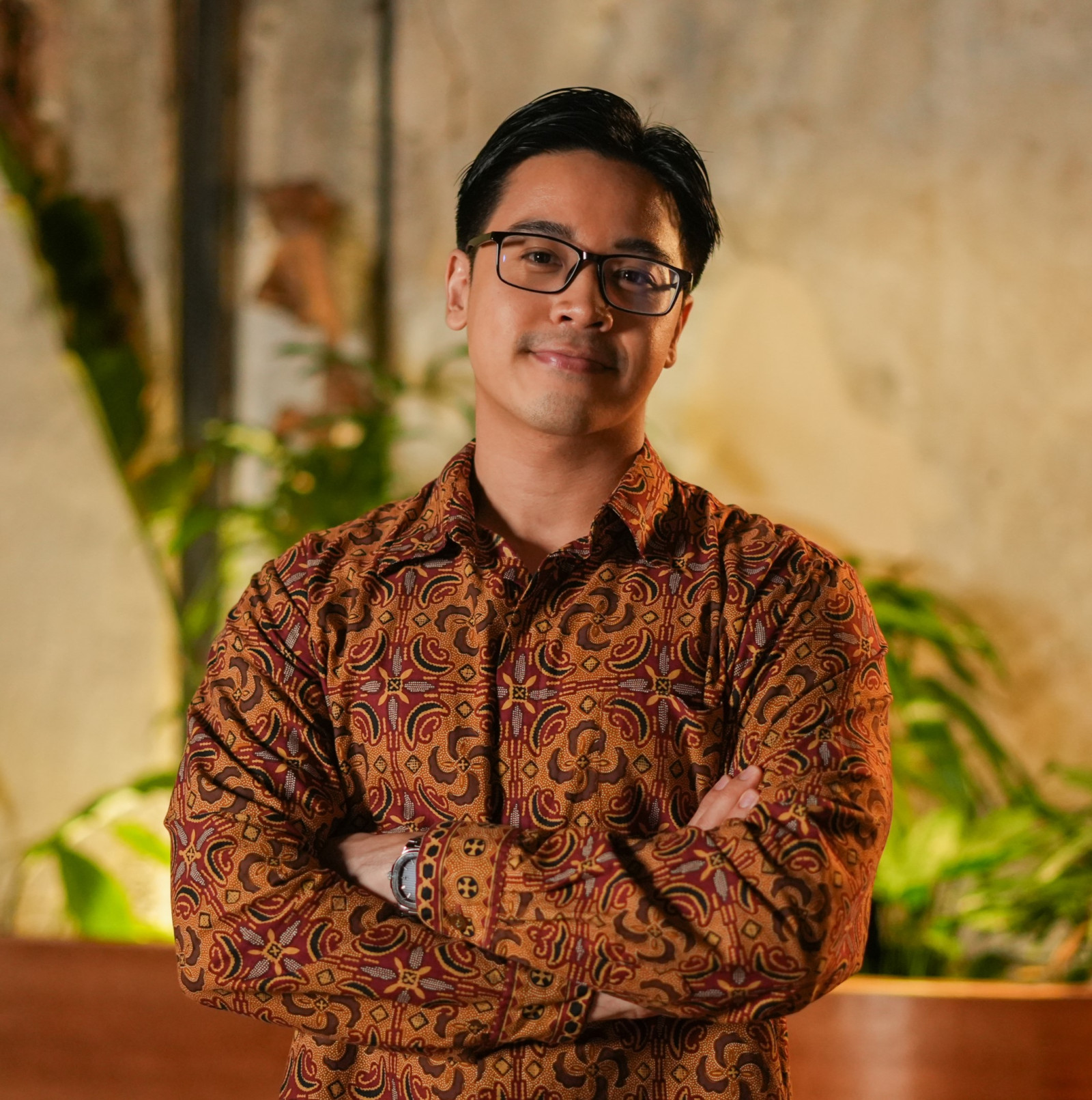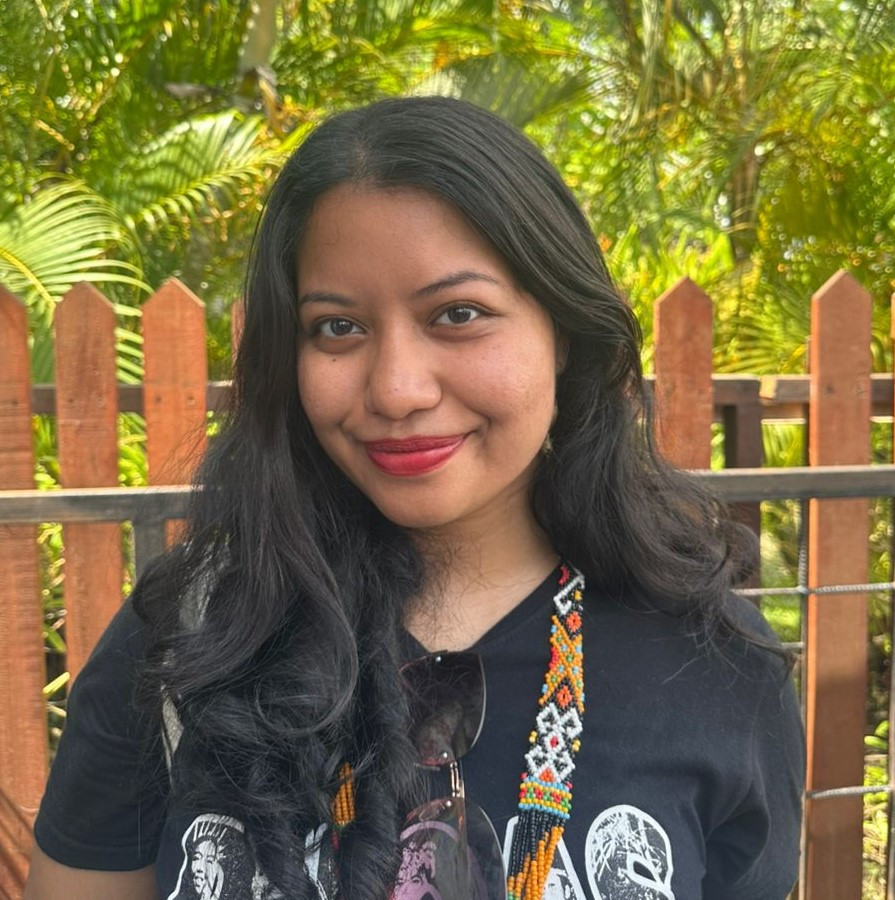“Give me the liberty to know, to utter, and to argue freely according to conscience, above all liberties.”
- John Milton, Areopagitica (1644)
I came to Cambridge with hope that this centuries-old university would be a sanctuary for truth, and with fear that the crimes against humanity I research might follow me. But I never imagined I would find not safety here, but a turning away.
I moved to Cambridge after completing the first year of my PhD at a university in London and left a very secure flat to move here. I disclosed the security risks and the threats my research was likely to attract. At the time, they gave me assurances and seemed keen to support me. But now they have shown their true colours: green-lighting decisions that have left me without any secure accommodation and have effectively shut down my research, putting my life in great danger. Precisely the outcome state-aligned interests in Pakistan and China would welcome.
My academic work documents atrocities which the Pakistani military wants to keep hidden: enforced disappearances, extrajudicial killings and state terror in Balochistan, a province that spans almost half of Pakistan’s landmass, sits atop some of the world’s richest seams of natural resources and occupies a geo-strategic corridor coveted by global powers. I knew this work was dangerous. I’ve been targeted abroad for it, but I hoped this place would be different. I was wrong. Transnational repression found me in Cambridge, reaching across borders to try to silence my research.
Researching Crimes Against Humanity, Inviting Reprisal
In December 2024, I awoke to a chilling message on X (formerly Twitter): “Don’t forget even Cambridge and the UK is not safe… They can get anywhere… Don’t be stupid.” In the previous few days, two friends in Pakistan were approached on separate occasions and told to pass on the same warning to me. The intimidation relay that now landed in my own feed and also threatened my family, hinting that my cousin’s fate, as a prisoner of conscience, depended on my silence. The timing was no coincidence: the threats arrived within days of my hosting a large online conference on his detention, being part of a UK-Parliament event on extrajudicial crimes in Balochistan and drafting a bill on transnational repression. I recognised the language. It bore every hallmark of Pakistan’s deep state and was warning me off my work.
I knew the fate of those who walked this path before me. The threat mentioned ‘Canada and Sweden’ – this was a reference to two individuals: Karima Baloch, a Pakistani rights activist in exile, turned up dead in Canada in 2020. And earlier that year, Sajid Hussain Baloch, a dissident journalist, drowned under suspicious circumstances in Sweden. Both had dared to expose the same atrocities in Balochistan that I am researching. Being outspoken about these crimes has long been a potentially fatal endeavour for Pakistan’s critics, wherever they are. Every day I continue this work, I know I could be next. Yet I pressed on. My cousin Idris, a human rights defender, was forcibly disappeared in 2019, hauled before a Pakistani military court in a sham proceeding and handed a fourteen year sentence, a travesty condemned by multiple UN Special Rapporteurs.
I could not stay silent while my people’s suffering was buried. I kept speaking out at Parliaments, at the UN, in the press – telling the stories Pakistan’s generals want silenced. The threats haven’t stopped me, but I didn’t foresee that obstacles would come from Cambridge itself. I reported the threats to my College and pleaded for help. Fifteen times, I requested meetings with college President and Senior Tutor about my safety. They ignored those requests or cancelled at the last minute. Without explanation or providing an alternative, Wolfson College revoked my student accommodation and changed the locks on my room while I was abroad, effectively evicting me.
Worse, college staff entered my room and shut down hard drives containing sensitive research data, compromising my work. All this happened with no formal security review. Two Pro-Vice-Chancellors met me in February 2025 and listened, though nothing concrete followed.
I was outraged. The response of college officials was a masterclass in indifference. The college and the university, I was told, “lacked the resources or expertise” to protect me. I should “rely on my own resources.” I felt an institution that once split the atom and traced the double helix of DNA was abandoning me to figure out on my own how not to get killed. No risk assessment. No safety protocols. Only kicking me out of my room. Instead of focusing on my research, I spent my days writing frantic emails, fighting two battles: against potential assassins and institutional apathy.
When universities behave like this, they are, in effect, abetting transnational repression and cross-border intimidation and, at minimum, raising the spectre of legal liability. The UN Special Rapporteur on Human Rights Defenders, Mary Lawlor, has flagged my case twice. She warned that I was receiving online threats to stop documenting abuses, including those against my cousin Idris. Then recently she condemned when I was ordered to leave my accommodation “without any risk assessment or security guidance,” urging universities to curb transnational repression on campus.
MP John McDonnell, and leading human rights lawyer Clive Stafford Smith, wrote to the Vice-Chancellor, urging Cambridge University to protect me, warning that any “yielding to intimidation” would embolden those behind the threats, putting me at further risk. The Cambridge University Amnesty International Society likewise warned that if my inquiry can be stifled by external pressure, then any critical research could be endangered. But such appeals seem to have fallen on deaf ears. I do not know if any approach has been made to the Pakistan Embassy behind the scenes.
Academic Freedom vs. Transnational Repression
What I am facing is part of a growing global phenomenon. Authoritarian governments persecuting critics abroad. In the UK, an exiled Pakistani dissident survived an acid attack – widely believed to have been orchestrated by Pakistan’s intelligence service. Yet Cambridge’s leadership treated my case not as a dire threat to be confronted, but as a PR problem to be brushed aside.
There is also the question of China, raisings concerns of how scholarship touches Beijing’s red lines, from Nanjing “innovation” tie-ups, and corporate gifts to China-focused centres accused of soft-pedalling rights abuses. My research cuts across the interests of Beijing as well as Islamabad. Balochistan is the corridor through which China is driving the multibillion-dollar Belt and Road. Cambridge University has received up to GBP 19 million of China-linked money in the last four years and entered Chinese-linked partnerships which critics say need greater safeguards.
In 2018, Trinity College and TusPark (Tsinghua University’s science-park operator; China’s largest) entered into and completed a £200 million joint venture at Cambridge Science Park, an example of how strategic capital can exert pressure on universities. Several Cambridge academics have told me that, right now, researching politically sensitive topics, like the Uyghur persecution in China, are effectively off-limits.
Geneva provides a cautionary parallel. Chinese state-aligned groups have monitored, disrupted and crowded out Baloch activists at UN human rights forums. Against the backdrop of nearly €60 million in Chinese funding to UK universities in four years, with Cambridge itself accepting money from entities tied to China’s military, “risk management” reads less like neutrality and more like deference to power.
I feel Cambridge’s recent zeal for sweeping injunctions against students protesting the University’s complicity in the genocide in Palestine isn’t an aberration. It’s a window into the current managerial creed and my case is being shaped by that same posture. What’s needed is a root-and-branch reset: treat students as humans to safeguard and help flourish. Make room for hard questions and audacious ideas.
This is now no longer just a campus dispute — it is parliamentary business. In July 2025, Members of Parliament from across the political spectrum tabled Early Day Motion 1661, registering alarm that Cambridge has failed to act decisively on the threats against me. Days later, the Joint Committee on Human Rights issued Transnational repression in the UK report, which names my written evidence in its catalogue of submissions — placing my case inside the official architecture of a national problem. Analysts have taken note as well framing my experience as a case study in how universities can become vectors — witting or not — for cross-border intimidation when they refuse to confront it.
As far-right currents surge in the UK and beyond, scholars warn that once a university buckles on one geopolitical pressure point, the contagion spreads. Today Balochistan, tomorrow colonial history, climate science, genocide studies, critical race scholarship: every field that unsettles power is suddenly negotiable.
Colonial Ghosts in the Halls of Cambridge?
It is hard for me to look at ancient walls where scholars once crafted hypocrisies about “civilization” that justified the crimes of colonialism while profiting from slavery and indenture, and not see the polite coldness that met my requests as the same genteel indifference that brushed off colonized peoples’ demands for justice: the same reflex to appease the powerful and sacrifice the vulnerable. In the 19th century, the university benefited from and excused the British Empire’s abuses. In the 21st, it feels as if it is turning a blind eye to a dissident being hunted by a state, leaving a brown truth-teller out in the cold as if re-enacting its history of trading away a principle to remain in the good graces of an empire.
I am furious and heartbroken. Yet this place also birthed movements of liberation, the very tradition that drew me here. Cambridge has often been a battleground between the administration’s impulse to police orthodoxy and the truth-telling instinct of scholars and scientists to explore dissenting views. The cloisters that once blessed empire also sheltered heretics who rewrote science and philosophy. Which side prevails depends on who dares to speak and who listens. In Cambridge’s Moral Sciences Club, for instance, good arguments are allowed to bite and still go on.
In my department, Sociology, two senior staff have gone beyond the pale to obstruct my research. Instead of resisting external pressure, they pushed it down the chain — onto me — heightening my risk. I’ve been hit with bizarre, last-minute demands: requirements resurrected a day before feedback despite earlier waivers; my name scrubbed from ceremonies; feedback suspiciously withheld for months. This behaviour functionally enables transnational repression and seeks to choke off my project — precisely the outcome that the states of Pakistan and China would prefer. The work being buried is research that experts say could help reduce the crimes against humanity. What kind of conscience signs off on that?
I write this with sorrow because I am watching an institution, with brilliant students and scholars, lose its way, and anger because I refuse to let my voice be cowed by either a dictator’s thugs or a university’s complacency. If one of the world’s most prestigious universities will not protect a researcher in its care, what hope is there anywhere? My story is part of a global struggle and I still hope that Cambridge comes through to defend a persecuted student rather than surrendering me to my persecutors and lets me do my PhD research.
This should be an alarm bell for the academia in UK and Europe.A letter to the Office for Students (OfS), highlighting my case — signed by Amnesty, Freedom House, Index On Censorship, ARTICLE 19, Peter Tatchell Foundation, academics and leading experts on censorship and human rights — is being prepared that has flagged the stakes. It is past time for universities to adopt clear, enforceable protocols to resist transnational repression: rapid risk assessments, secure housing and data protections, independent escalation routes beyond conflicted college gatekeepers and a non-negotiable duty of care for at-risk researchers. This threat is only growing. And I would not wish my ordeal on any student or academic. The time to act is now.
